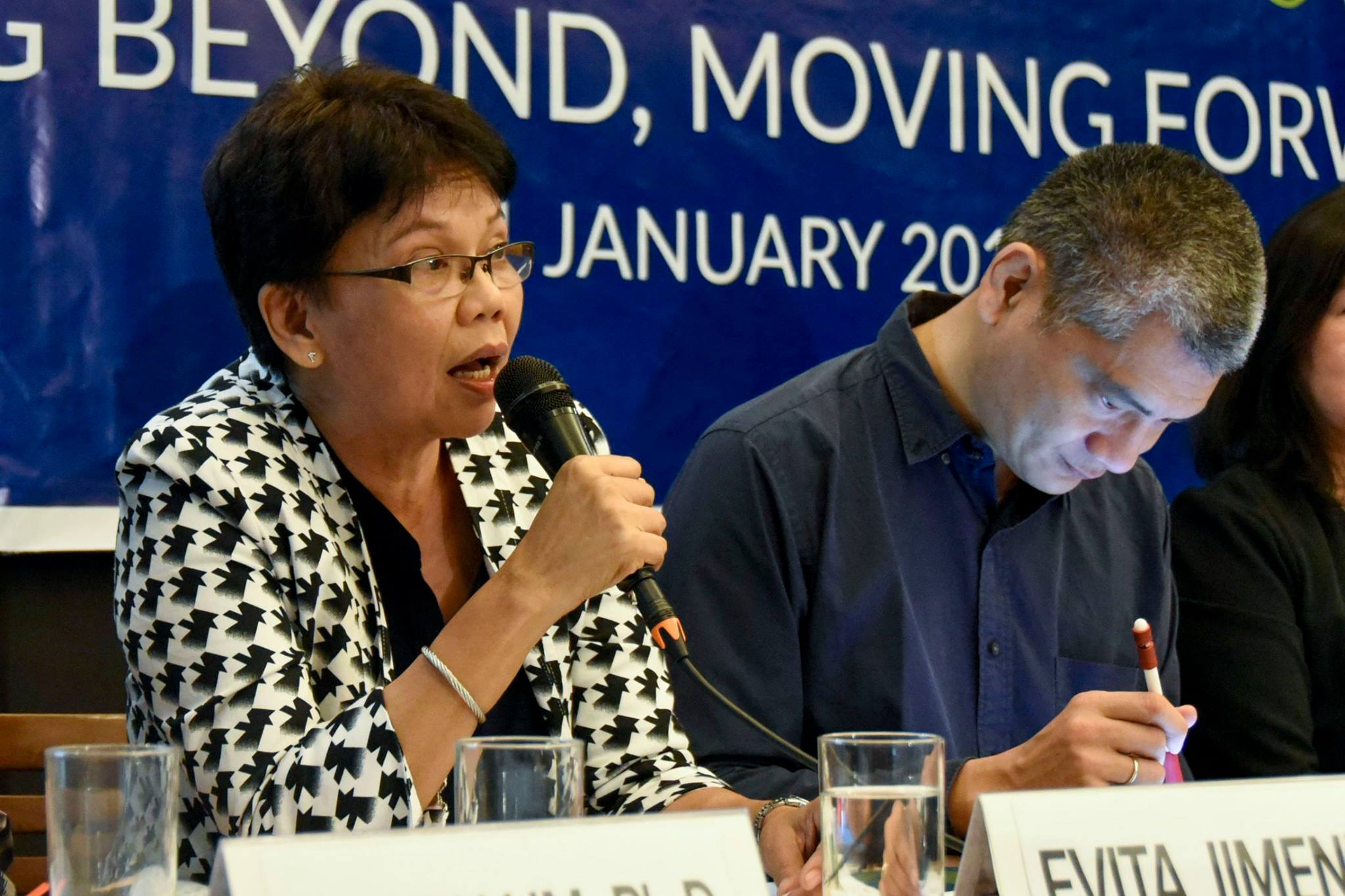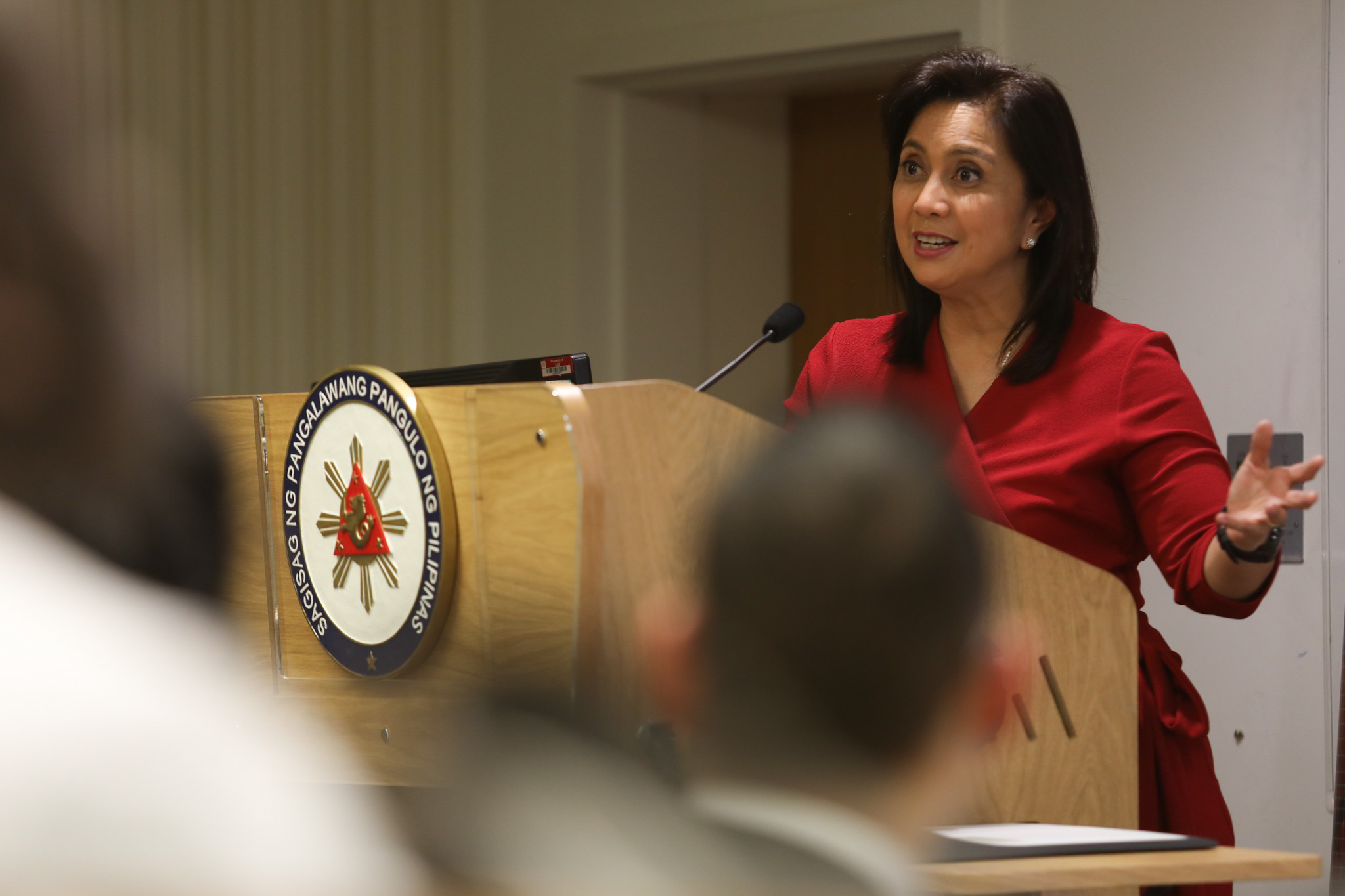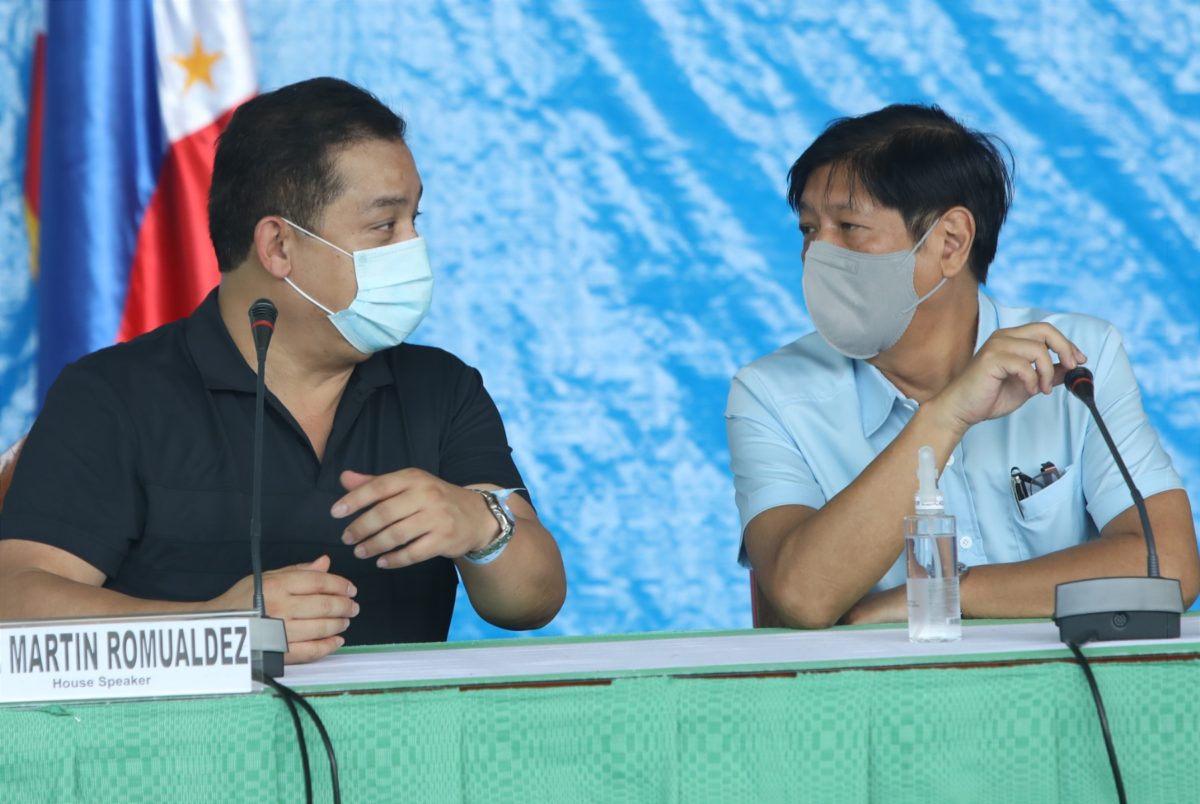It is not surprising for the Senate and the House of Representatives to approve bills way past midnight, particularly on the eve of a long break.
It is not unusual, too, for the minority to inordinately delay the process of approval by combing through provisions, trying to find definitive answers to contentious issues.
Still, the Senate’s approval of the proposed Maharlika Investment Fund (MIF) came like a thief in the night, at least to Senate Minority Leader Aquilino “Koko” Pimentel III and Sen. Francis “Chiz” Escudero, who were not at the plenary hall when the bill was put to a vote about 2:30 a.m. on May 31, after an 11-hour marathon session.
Pimentel said he had boycotted the period of amendments but nevertheless delivered a two-hour turno en contra in which he moved to correct what he called a “procedural error” by referring the MIF bill to the Committee on Government Corporations and Public Enterprises instead of the Committee on Banks, Financial Institutions and Currencies. The motion was defeated with a vote of 16 to 2.
Escudero said he thought the bill would not be called for voting yet, so he went home while it was being debated on the floor.
Senate President Juan Miguel Zubiri rushed approval of the bill, saying a bicameral conference committee was already set to meet hours later at 11 a.m. It turned out that the bicameral became unnecessary after the House of Representatives adopted the version approved by the Senate, so there were no conflicting provisions to reconcile.
However, the overwhelming vote in the Senate (19 yes-1 no-1 abstention) and House (90%, 282 out of the 312 members were listed as co-authors) does not settle major questions raised against the bill.
Haste makes waste
This early, some groups and critics of the bill have been waiting for President Ferdinand Marcos Jr. to sign it into law so they can raise questions on the constitutionality of the measure before the Supreme Court.
When this happens, we can expect delays in constituting the MIF. Should we put the blame on those who opposed the bill by raising questions on its viability as well as the accountability of people who will handle the fund? Or should the blame be on administration allies who wanted to please the president by giving him what he wanted, regardless of the financial risks involved?
Escudero had described the MIF as a “leap of faith to the great unknown.”
Critics like former congressman Neri Colmenares cited errors in the MIF bill, such as the conflicting provisions in Sections 50 and 51, which prescribe 10 years for punishable “crimes” and 20 years for punishable “offenses,” respectively.
Discrepancies such as this show that the bill was not well studied. That was a problem arising from the “urgency” of approving it.
Colmenares also said the certification of the MIF bill was not justified and was intended only to cut short the legislative process because a presidential certification would allow approval of a bill on second and third readings on the same day, without a need for each member of the legislature to have a third reading copy.
Marcos certified the House version of the bill last December and the Senate version two weeks ago. Did this mean the emergency that the bill seeks to address existed at the House five months before the same situation appeared in the Senate?
In the Senate certification, the president cited inflation, fluctuating oil prices, Russia’s invasion of Ukraine and interest rate hikes to vouch for the need of the country to set up a wealth fund to pump-prime the economy.
Speaker Ferdinand Martin Romualdez, a cousin of the president, said the fund is in line with the government’s economic agenda to reduce the poverty rate to a single digit and drive robust economic growth of 6.5 to 8 % annually from 2023 to 2028.
During interpellation, Sen. Mark Villar, the MIF bill’s sponsor in the Senate, groped for words when asked about the emergency that calls for the urgency to have it legislated. “I believe poverty is a matter of emergency and our need to exit this situation is of utmost urgency.”
Duh!
Have we become so poor that we need a multibillion peso Maharlika Fund, now na? If we are that poor, how come the government can still afford to fund the president’s overseas trips — 13 so far since July 2022 — with unnecessarily large delegations?
Can the Maharlika fund lift poor Filipinos from poverty? Can it bring down prices of basic commodities? Can we reach “maharlika” status — that is, noble and free — once the MIF goes full blast?
The views in this column are those of the author and do not necessarily reflect the views of VERA Files.
This column also appeared in The Manila Times.





